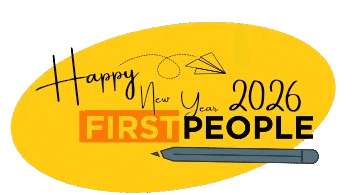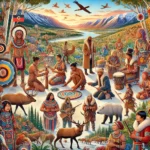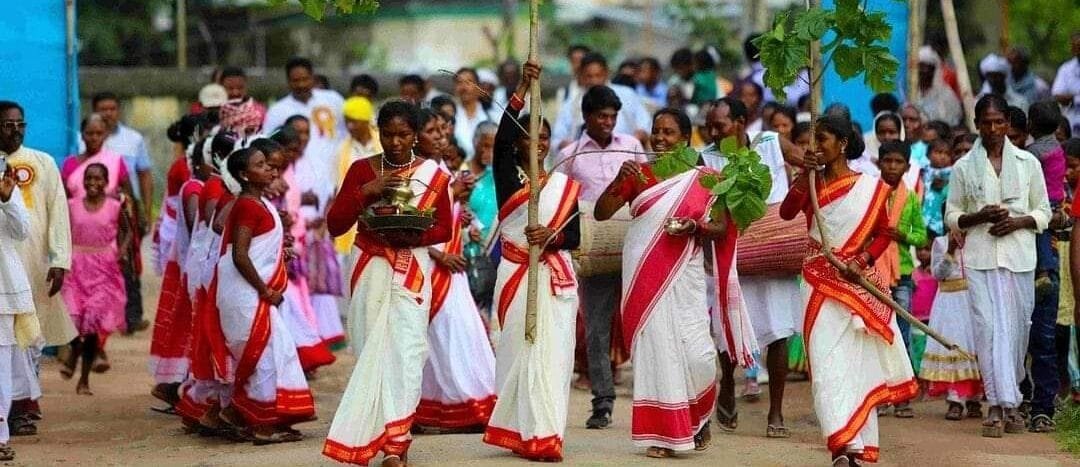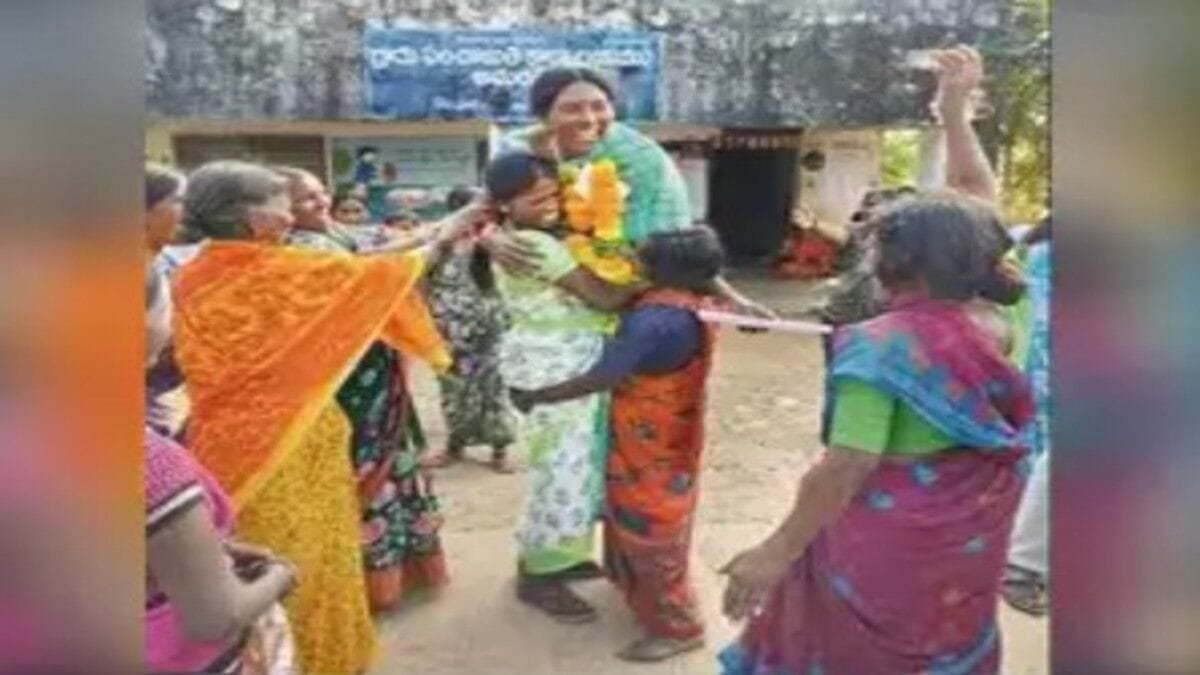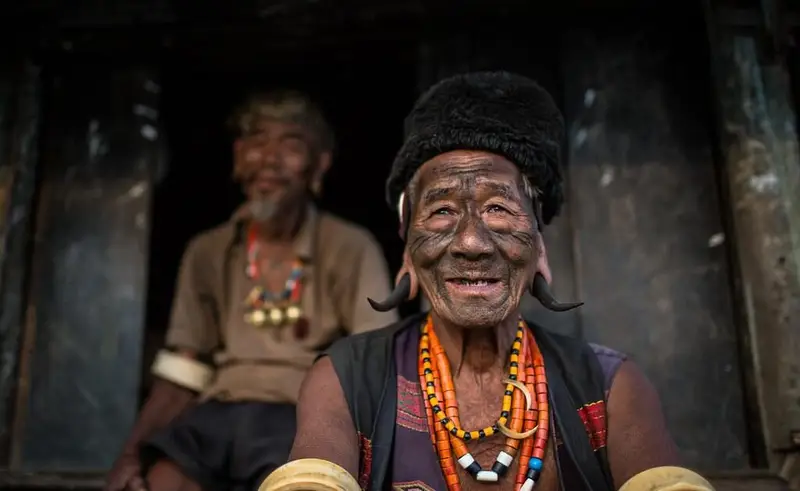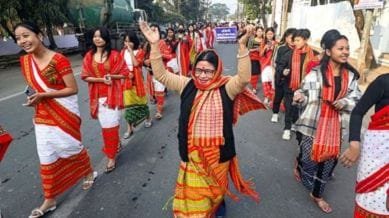“Adivasi” and “vanvasi” are two terms that are used to refer to tribal communities in India, but there is a significant ideological and cultural difference between the two terms. These terms are used based on different social, political and cultural perspectives, which further deepens this debate.
- Adivasi: A Definition
The term “Adivasi” is derived from two Sanskrit words “Adi” and “Vasi”, which mean “first” or “initial” inhabitants. The term makes it clear that these communities are the original inhabitants of an area, whose presence has been there since ancient times. Adivasi refers to those groups of India, who have maintained their cultural, religious and social identity for thousands of years.
The number of Adivasis in India and their cultural contribution is extremely significant. According to the 2011 census, the tribal population is about 8.6% of the total population of India. These communities are mainly settled in the northeastern, central, and southern parts of India and have their own distinct language, culture, religion, and traditions.
- Vanvasi: A Perspective
“Vanvasi” means “forest dweller”. This term is often used by those who want to see the tribals as forest dwellers or forest-dependent communities. The term “Vanvasi” is used mainly by Hindu nationalist organizations who consider the tribals as an integral part of Indian society. According to them, the term “Vanvasi” links the identity of the tribals with the whole of India by making them a part of Indian civilization.
However, a major point of criticism in this view is that the term “Vanvasi” denies the historical and cultural identity of the tribals. To see the tribals only as “forest dwellers” is to undermine their cultural and social heritage. The use of this term may limit their identity and present them as a simple forest-dependent group, whereas their cultural identity and traditions are very deep.
- Political Aspects and Identity
A major aspect of the use of the terms “Adivasi” and “Vanvasi” is political. Adivasis in India enjoy special rights and reservations under the Constitution. The Constitution of India recognizes them as Scheduled Tribes, which aims to aid their social and economic development. In addition, the Constitution has made special provisions for Adivasis in the field of land rights, education and employment.
Many Hindu nationalist organizations believe that the term “Adivasi” separates these communities from the rest of Indian society and presents them as a separate group. Therefore, they want to integrate their identity into Indian society by using the term “Vanvasi”. On the other hand, tribal organizations and their supporters believe that the term “Adivasi” represents their true identity and any attempt to change it is an injustice to their historical identity.
- Difference in culture and tradition
The tribal communities have their own distinct culture, language and traditions, which make them distinct from other communities of Indian society. The tribals have their own religious beliefs, customs and traditions, which have given them a distinct identity for thousands of years. Their lives are closely linked with nature and the environment, but limiting it to just calling them “forest dwellers” is like denying the totality of their lives.
The use of the term “Vanvasi” is also an attempt to associate the religion and traditions of the tribals with Hinduism. On the contrary, many tribal groups believe that their traditions and religious beliefs are different, and they see themselves as an independent religious and cultural community. Therefore, the use of the term “Vanvasi” for tribal communities can harm their cultural identity.
- Land and rights of tribals
The tribal communities have traditional rights over land, which they have inherited from generations. They consider their land as a part of their identity. Land rights are an important issue for the tribal society. But the use of the term “Vanvasi” may restrict them to forest areas only, while the scope of their land is not limited to forests only. Tribal communities are dependent not only on forests but also on a variety of land and natural resources.
Moreover, preserving the land rights of tribals is also important for their development. Despite tribals having rights over forest land, their land rights have been violated in many places due to the expansion of mining and forest industry. The term “Adivasi” also symbolises preserving their rights over their land, while the term “Vanvasi” may restrict them to forests only.
- Importance of Tribal Movements and Struggles
Adivasis in India have struggled for their identity and rights. Many historical movements, such as the Santhal Rebellion, Birsa Munda’s movement and in recent times the Narmada Bachao Andolan, have struggled to protect tribal identity and rights. Tribal movements have always attempted to protect their land, culture and identity, which makes the use of the term “Adivasi” all the more significant.
The difference between the terms “Adivasi” and “Vanvasi” is not just of language, but also of culture, identity, rights and politics. While the term “Adivasi” represents the original identity, culture and traditions of the communities, the term “Vanvasi” represents them as well as their own.
There is an ideological attempt to assimilate the tribal people into Indian society. Tribal organisations and their supporters believe that the term “Adivasi” is more appropriate to preserve their true identity and history, and recognise them as a separate and distinct cultural community.
Thus, it is important that the identity of the tribal people and their cultural, social and economic needs are respected.
